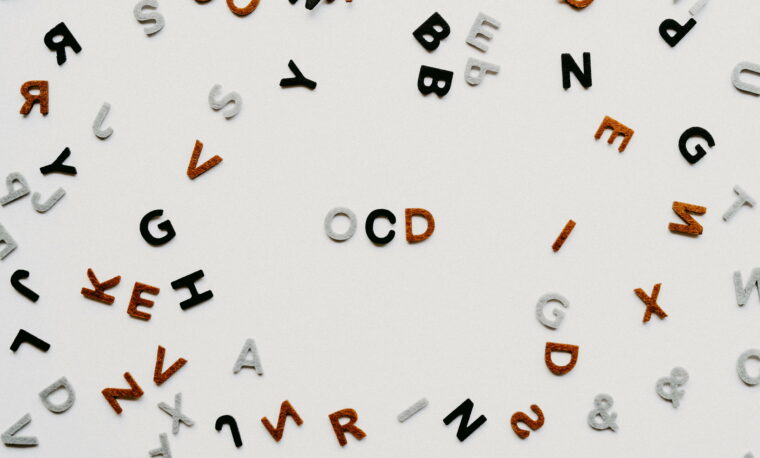What is Cognitive Analytic Therapy (CAT)
Cognitive analytic therapy, also known as CAT, is a collaborative and integrative therapy for identifying how a person thinks, acts and feels, and the past events and relationships that have led to these experiences. Therefore, it allows individuals to understand why certain situations have gone wrong in the past and foster new behaviours and ways of coping with things in the future.
CAT treatment aims to provide an individual with the opportunity to explore their issues not only from a cognitive approach but also from an analytical perspective. It deals with the presenting issues by exploring and understanding thoughts and feelings in order to find solutions to their problems.
As in CBT treatment, the emphasis is on the client developing the tools to deal with his or her own psychological problems in the future.
What happens in cognitive analytic therapy?
Treatment sessions concentrate on finding out the cause of a person’s emotional or psychological problems. It then explores the effectiveness of particular coping mechanisms that the sufferer has developed, in order to deal with these problems.
Following this exploration, the therapist helps to see how the individual can improve their ways of coping.
The basic principles of CAT include:
- Forming a trusting therapeutic relationship with your specialist
- Identifying any current problems and how they affect your overall life and wellbeing
- Looking at the possible underlying causes of these problems in the context of your earlier life and relationships
- Identify how your negative patterns may be holding you back
- Explore new ways of coping, feeling and thinking in order to lead a healthier and more positive life
What can cognitive analytic therapy treat?
CAT is a proven and effective treatment for a variety of mental health conditions, including:
- Anxiety and depression
- Addiction
- Trauma or PTSD
- Relationship or interpersonal issues
- Self-harm
- Phobias
- Bipolar
- Anger problems
What is the difference between cognitive analytic therapy and cognitive behavioural therapy?
Cognitive analytic therapy (CAT) and cognitive behavioural therapy (CBT) are two therapies that share similar names and similar themes. They are both collaborative types of therapies and psychoanalytic approaches. They are limited to a number of sessions (short-term therapies) and focus on a particular set of goals.
A patient may be referred to CBT if they have been diagnosed with anxiety, depression, obsessive-compulsive disorder and panic disorders. It has specific ways of working for relevant conditions.
On the other hand, CAT works on a much more interpersonal level. There is a strong focus on the relationship between the therapist and the patient. Together, the patient and therapist work together to identify specific issues affecting the client.
This relationship itself is also used as a tool of change, to see present problems with relating, as well as to highlight new ways of connecting.
Cognitive analytic therapy at Nightingale Hospital London
At Nightingale Hospital, cognitive analytic therapy can be accessed in an individual or group setting as part of an outpatient, day patient or inpatient programme.
We have a number of fully accredited specialists with a breadth of experience in all mental health conditions to match your individual situation.
You can browse our therapists that specialise in cognitive analytic therapy using our finder tool. Additionally, you can call +44 (0)20 7535 7700 to speak to a member of our team about finding a suitable therapist for you.
Interested in working at Nightingale Hospital?
Are you an accredited cognitive analytic therapist and interested in working at Nightingale Hospital?
Visit our careers page to see if we have any vacancies, or get in touch with our HR team to submit an expression of interest.








